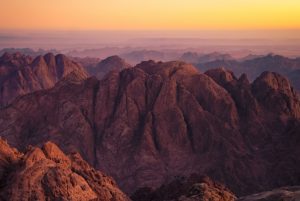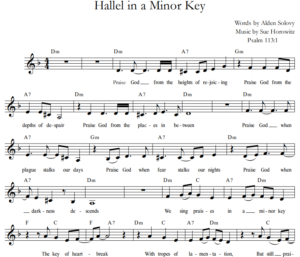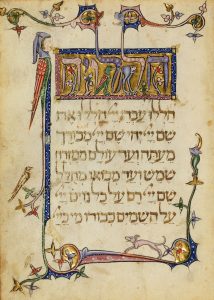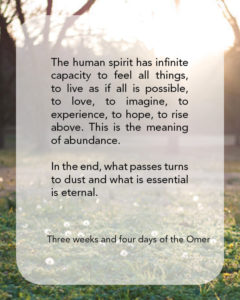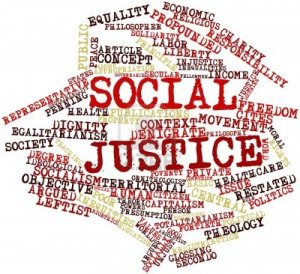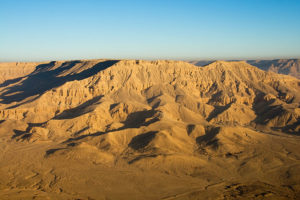Tradition holds that the newly-freed Israelites crossed the Red Sea on the seventh day of their journey. With Pharoah’s army in hot pursuit, God opens the path to life and salvation. Then we sing! The Torah reading for the seventh day of Passover includes the triumphant Song of the Sea (Exodus 15), led by Miriam and Moses. In the name of the 133 remaining hostages in Hamas captivity in Gaza, this poem asks: “When Will We Sing?”
When Will We Sing?
We know what happens next.
Pursued by an army of hate,
Pinned between death by sword
And death by drowning,
God parts the sea and we cross to salvation.
O, to dance at the shores of safety with 133.
O, to sing of redemption at the banks of refuge.
Hasn’t their pain and suffering
Yet risen to the highest
Realms of heaven?
We know what is supposed to happen next.
Miriam and Moses lead us in triumphant song.
God of Mercy, when will we sing?
When will we sing of freedom again?
© 2024 Alden Solovy and ToBendLight
New here? Subscribe here to get my newest prayers by email.
Share the prayer! Email this to a friend.
Postscript: See also: “Elijah and Miriam: Two Poems for Passover.”
Please check out These Words: Poetic Midrash on the Language of Torah and my other CCAR Press volumes: This Grateful Heart, This Joyous Soul, and This Precious Life, which can also be purchased as the Grateful/Joyous/Precious trilogy. For reprint permissions and usage guidelines, see “Share the Prayer!” To receive my latest prayers via email, please subscribe (on the home page). You can also connect on Facebook and Twitter. For a taste of my teaching, see my ELItalk video, “Falling in Love with Prayer.”
Please consider making a contribution to support this site and my writing.
Photo Source: Rothschild Haggadah, ca. 1450, National Library of Israel via Wikipedia

